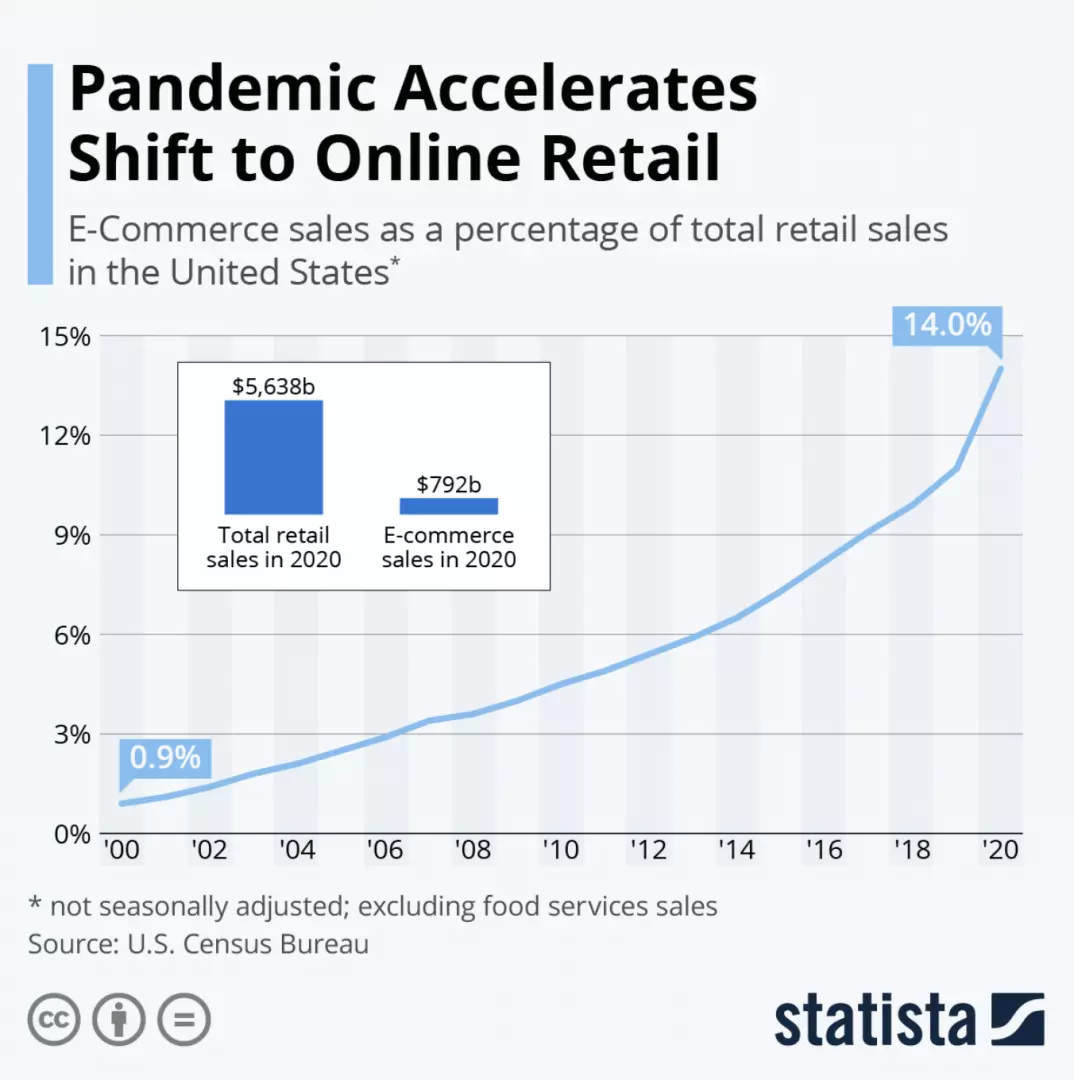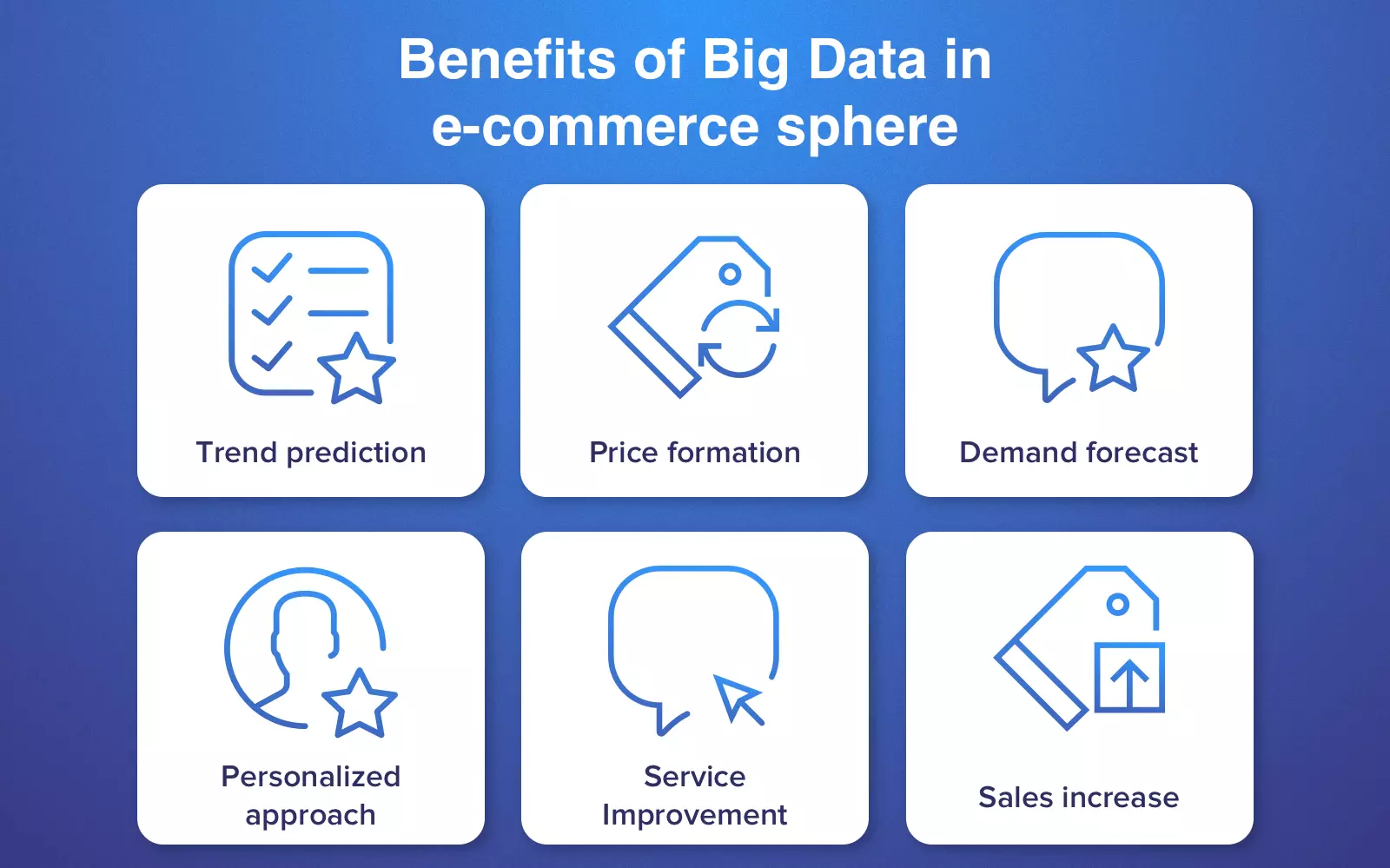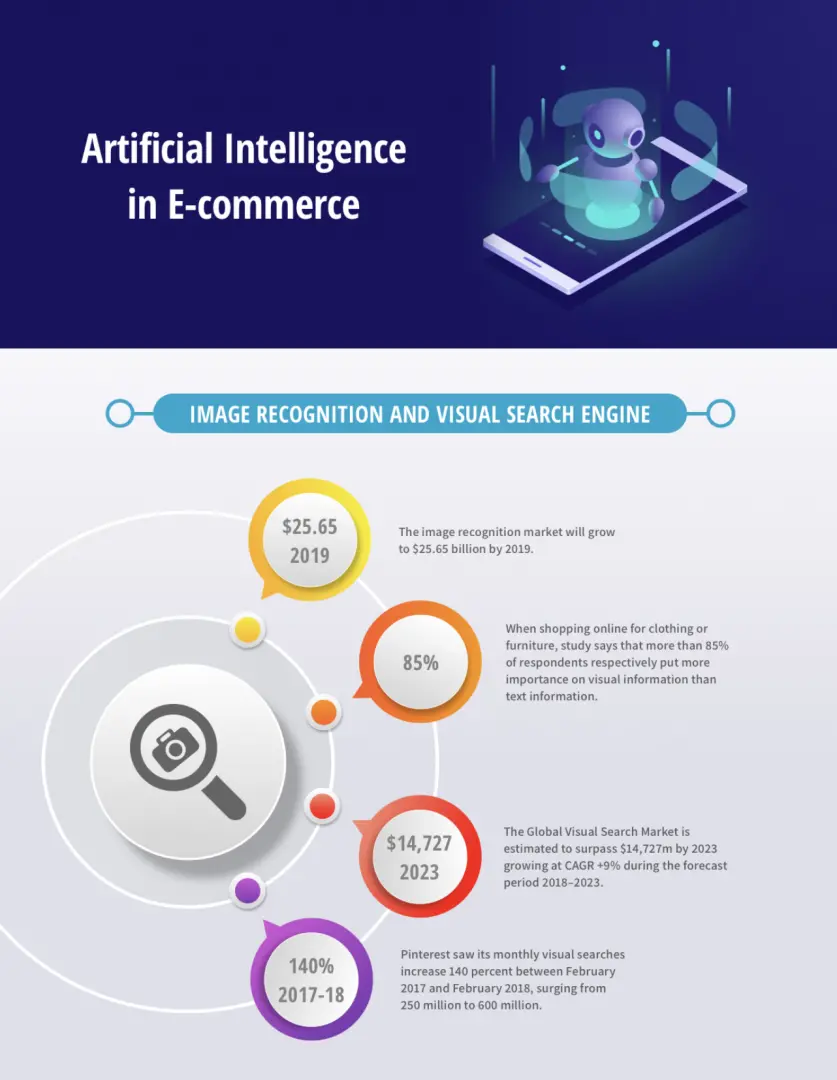The latest applications of big data, artificial intelligence, voice search and machine learning in e-commerce are taking customer experience and satisfaction to a new level post Covid-19.
E-commerce has become the first choice for most of the consumers when it comes to shopping during the pandemic, and it is because of the many benefits that e-commerce provides to the buyers. The preference for online shopping has increased to the extent that e-commerce sales are estimated to hit $4.5 trillion by the end of 2021. Since people are increasingly using online shopping, their expectations from the e-commerce industry have grown. The increased buyer expectations have made it a necessity for retailers to incorporate the use of technologies, as it can provide immense value to the users. Artificial intelligence (A) is one such technology that has the potential to bring a paradigm shift in the e-commerce industry. Machine learning in e-commerce can help create a customer-centric search, voice search can retarget potential customers, and big data can create a more efficient sales process. There are many other areas where the e-commerce industry can leverage the benefits of technology
Here are the biggest trends that are impacting e-commerce post covid-19:
1. The Rise of Personlization & Machine Learning in E-Commerce

Source: Statista
Personalization is a vital factor in the e-commerce industry, and it can be achieved with the use of machine learning. Retailers can provide personalization to the buyers even without the use of machine learning but up to a limited extent. For example, personalization was done based on the shopping history of the customer. With machine learning, the e-commerce industry can monitor the digital footprints of a person and provide a more personalized search.
2. Voice Search & Artificial Intelligence Are On the Rise
Source: Magneto
Despite entering appropriate keywords, customers might end up getting irrelevant results. It can be frustrating for the customers if they are not able to find what they want, and the retailer might lose a valuable customer. With the use of voice search and artificial intelligence, e-commerce companies can help customers find the exact product they want. For example, customers can click a picture of the shirt they want to look for and upload them on the e-commerce website. The AI visual search can then find similar kinds of shirts from different vendors for the customers.
3. Big Data is Improving Sales Forecasting and Inventory Management

Source: Cleveroad
The use of AI and big data can help predict sales within a time frame. Big data can also predict the purchase of individual items according to the climate. With the availability of data on historical purchases, analyzing future sales can be done more accurately. Inventory management is an important area in the eCommerce industry. Retailers neither want to increase the inventory of unwanted items nor want to have a short supply of items that are in demand. With the use of AI, retailers can forecast the demand for a product and manage their inventory accordingly.
4. Customers Are No Longer Loyal

Source: Salesforce
The covid-19 pandemic ushered in an unprecedented level of channel switching and brand loyalty disruption. According to Mckinsey, a whopping 75 percent of consumers tried new shopping behaviors, with many of them citing convenience and value. Fully 39 percent of them, mainly Gen Z and millennials, deserted trusted brands for new ones. That restlessness is reflected in the fact that many younger consumers say that they are still searching for brands that reflect their values.
Conclusion
The use of technology in the e-commerce industry will make online shopping more customized and exciting for the customers. Many e-commerce giants are implementing the use of AI in different aspects of their businesses. Incorporating big data, personalization, machine learning and voice search in their e-commerce site would be the first goal of many retailers post pandemic. But, before rushing into implementing these technologies for their company, retailers must look upon some factors. Factors like how their employees feel about AI and the problems they want to solve with AI are some of the things that should be considered before incorporating AI in their company.




Leave your comments
Post comment as a guest